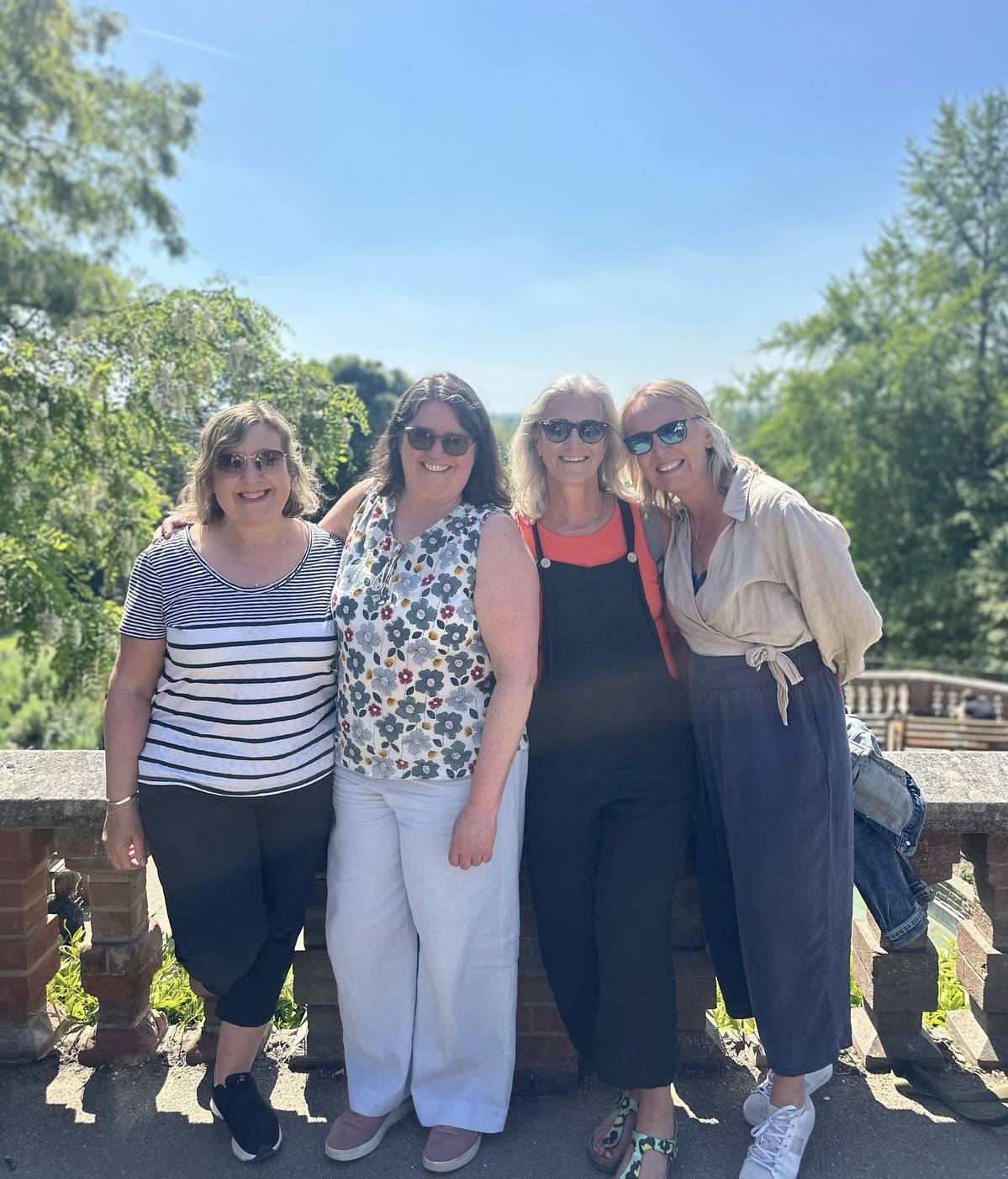New ideas, new insights and new possibilities come from filling your life with new experiences. These might include meeting new people, going to new places, or beginning a new exercise class or hobby.
When faced with the desire to change career, over thinking is common and it’s paralysing.
But in fact, most solutions reveal themselves through doing, not thinking. And this is where embracing your curiosity is a powerful tool for change.
Fostering a sense of curiosity in what’s going on around us can reap many benefits and in fact research confirms that there are a surprising number of both cognitive and social gains from nurturing an inquisitive mind. The more curious we are about something, the more we engage in it and so the more we learn and the more we remember. The reason for this is that when we’re curious, we become energised and excited about what we’re learning, increasing dopamine levels in our brain.
This is the same in forming relationships with others. When we’re curious about people, we’re more likely to interact with people outside of our comfort zone. And, when we’re more curious in our interactions we connect with a greater diversity of people, become more empathetic and experience more positive interpersonal outcomes.
So, what do we mean by curiosity?
Openness to engagement, need for cognition and the drive to experience and feel things. Curiosity is a desire for knowledge that motivates us to learn new ideas, eliminate an information gap or solve a problem.
When you set out to find more fulfilling work it is easy to feel confused, stuck in a rut and unsure of yourself. When curiosity is embraced, it encourages confidence about what can be accomplished, develops engagement, and inspires innovation.
If you nurture your curiosity, it will become a skill that enables you to acquire new insights and make new connections. Pursuing and developing your curiosity will help you understand who you are. It will become a powerful motivator that permeates every aspect of your life.
Eight steps to nurture your curiosity:
1. Try asking more questions in the conversations you have with the people you know and meet. Take more time to listen. Think of those around you as people you can learn from if you ask the right questions. Meeting new people and learning about what they do for a living will open your mind to new possibilities. Curiosity also strengthens relationships – you will form deeper connections with people and learn more about yourself too.
2. Try a new walk or a new route to work, observe what interests and inspires you in your surroundings. Alexandra Horowitz, a cognitive scientist, carried out a study on bringing fresh perspectives to a familiar walk. She took eleven walks, each time with an expert in a different field and once with a dog! This taught her how much more there is to see – if only we would really look. In her book On Looking she describes why most of us do not see the same things and reveals the startling power of human attention and the cognitive aspects of what it means to be an expert observer. Even very small changes in your routine will engage your brain to notice things you’ve never noticed before and provoke curiosity.
3. Did you know that chameleons don’t change colour to match their surroundings? Find out what common misconceptions you hold – look up a list and discover that some of the things you thought you knew to be fact are actually not true! Or have a bit of fun with this common misconceptions test.
4. Take some time each day to let your mind wander and ponder over a question. Taking 10 – 15 minutes each day to be mindful of your surroundings, write in a journal or let your mind wander will fuel your sense of wonder.
5. Read regularly – choose some topics you’re interested in or read novels or poetry that inspire you. If you’re very busy, try to schedule a time for reading at regular intervals throughout the week so that you can protect this time for yourself.
6. Learn something new every day – even if it’s the meaning of a word you’ve never heard before or trying a new recipe. If you change your routine your brain will notice things it’s not noticed before and this will provoke further curiosity.
7. Take a free online course that intrigues you. There are several platforms which offer hundreds of free courses that you can study at your own pace. E.g. HarvardX. Once you start looking, you’ll find an array of options that excite and interest you. Your search might just reconnect you with things you used to be curious about but never pursued.
8. Listen to a podcast on a topic that you find fascinating. This may spark new interests or give you ideas for your career change themes. The more you listen, the more suggestions will come up and the more opportunities for inspiration!
You don’t know where your curiosity will lead, and that uncertainty in itself is energising!
When you follow your curiosity, you’re motivated by the intrinsic desire to learn and improve. It’s liberating because you’re not seeking any particular result and you’ll discover what really engages you.
In career change, when you follow your curiosity, you enable meaningful experiences to happen which you could never have anticipated. Following your curiosity is part of my career change programme which will help you find what you’re truly passionate about.
If you’re interested in finding out more then book your free consultation now!










